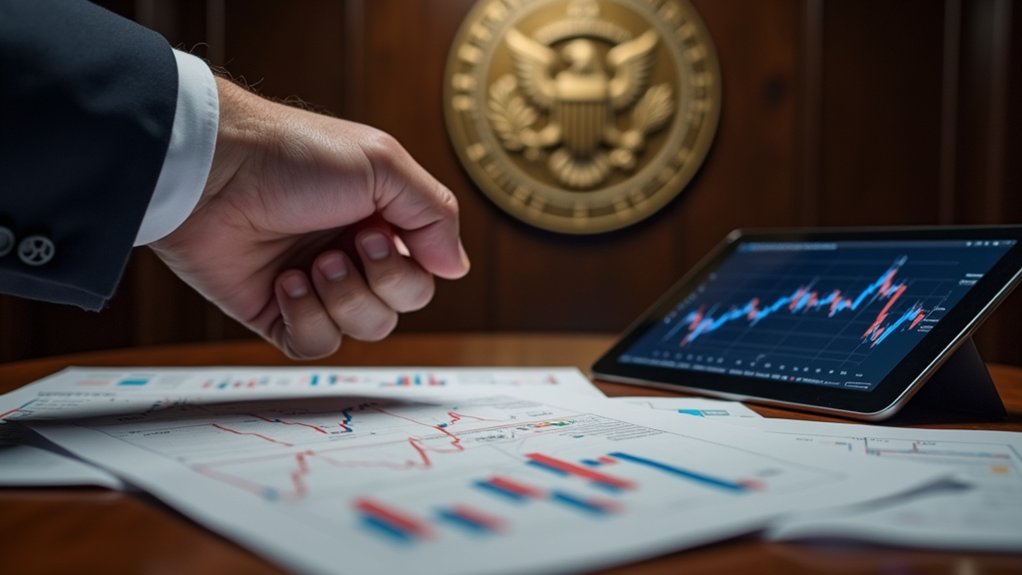In a spectacle that underscores the widening chasm between political impatience and institutional independence, former President Trump unleashed a barrage of scathing epithets—labeling Federal Reserve Chair Jerome Powell “Too Late” and a “Numbskull”—immediately following the Fed’s steadfast refusal to slash interest rates, a decision Powell defended as prudent amidst economic volatility, yet one that Trump dismisses as sluggish and detrimental to growth, revealing not only a crude misunderstanding of monetary policy’s complexities but also a brazen attempt to publicly coerce an independent body into capitulation. Trump’s relentless campaign of derogatory nicknames and public disparagement is less an informed critique and more a blunt instrument of political influence, aiming to pressure the Federal Reserve into adopting rate cuts that, according to Powell’s cautious assessment, risk igniting inflationary flames amid uncertain economic terrain. The Federal Reserve is expected to keep interest rates steady at the upcoming meeting, underscoring the institution’s commitment to cautious policy decisions despite political pressure. This decision comes amid uncertainty related to Trump’s trade policies, which further complicates the Fed’s economic outlook. The Fed’s actions reflect the delicate balance central banks maintain to protect financial stability.
Despite Trump’s vocal demands for one or two full percentage point reductions in interest rates—rationalized by selectively citing tame inflation and weaker private payroll data—the Fed’s commitment to its mandate and operational independence remains unshaken, underscoring the institutional firewall erected against politicization. Powell’s refusal to bow to these demands, even as Trump contrasts U.S. policy unfavorably with Europe’s rate cuts, highlights a deliberate detachment from short-term political expediency in favor of long-term economic stability. Trump’s frequent invocation of demeaning sobriquets such as “Too Late” and “Numbskull” may capture headlines and rally certain constituencies, but they expose a fundamental disregard for the nuanced balancing act that monetary policy entails, where impulsive rate slashing risks exacerbating inflation or undermining future growth prospects.
Moreover, Trump’s public tirades, while theatrically charged, fail to acknowledge the Fed’s insulated structure, which legally shields Powell from dismissal despite presidential appointment—a subtle yet critical check against executive overreach. This ongoing saga of conflict between political impatience and central bank autonomy not only illustrates the tension inherent in democratic governance but also serves as a cautionary tale about the perils of conflating political theater with sound economic stewardship. The Consumer Price Index rose 0.1% in the past month and 2.4% over the past year, providing important economic indicators that justify the Fed’s cautious stance.









